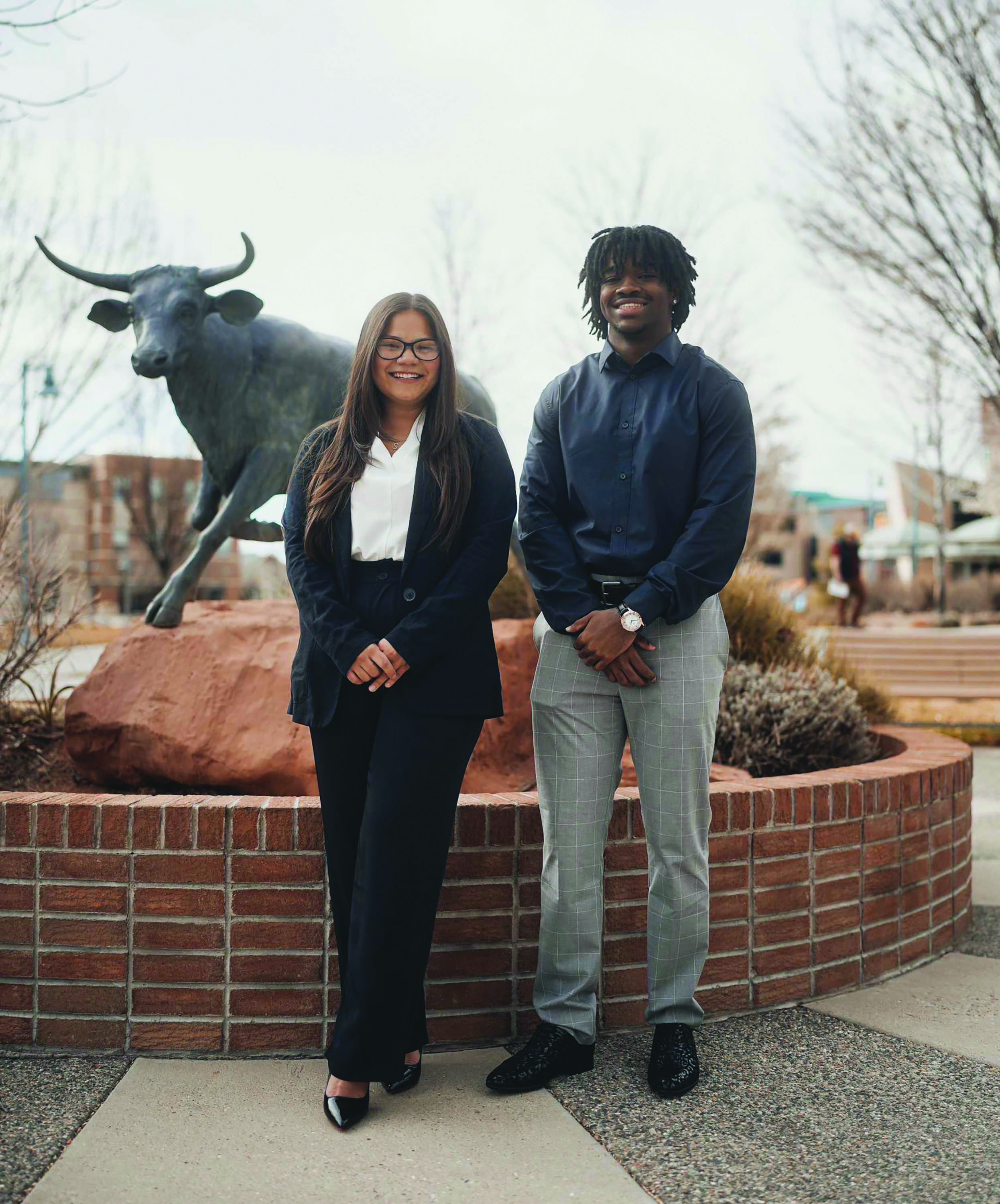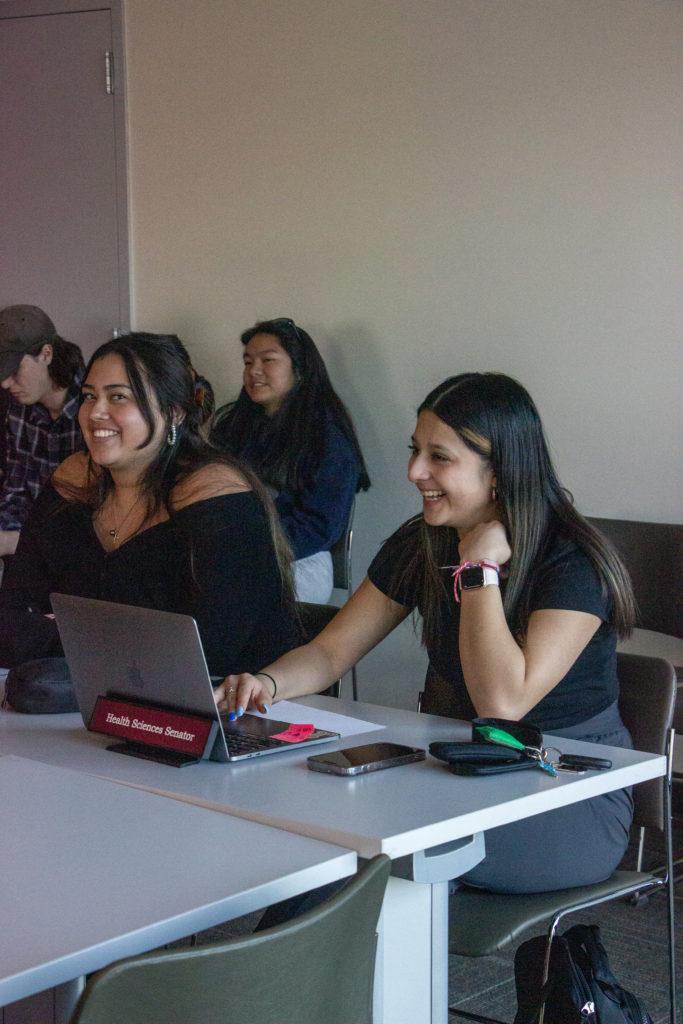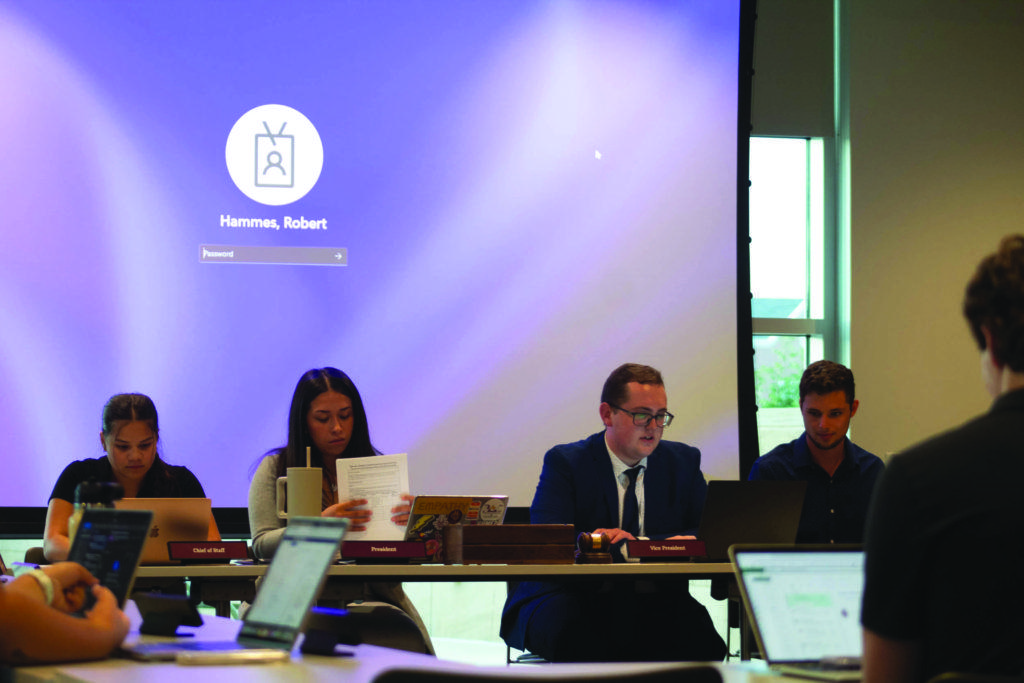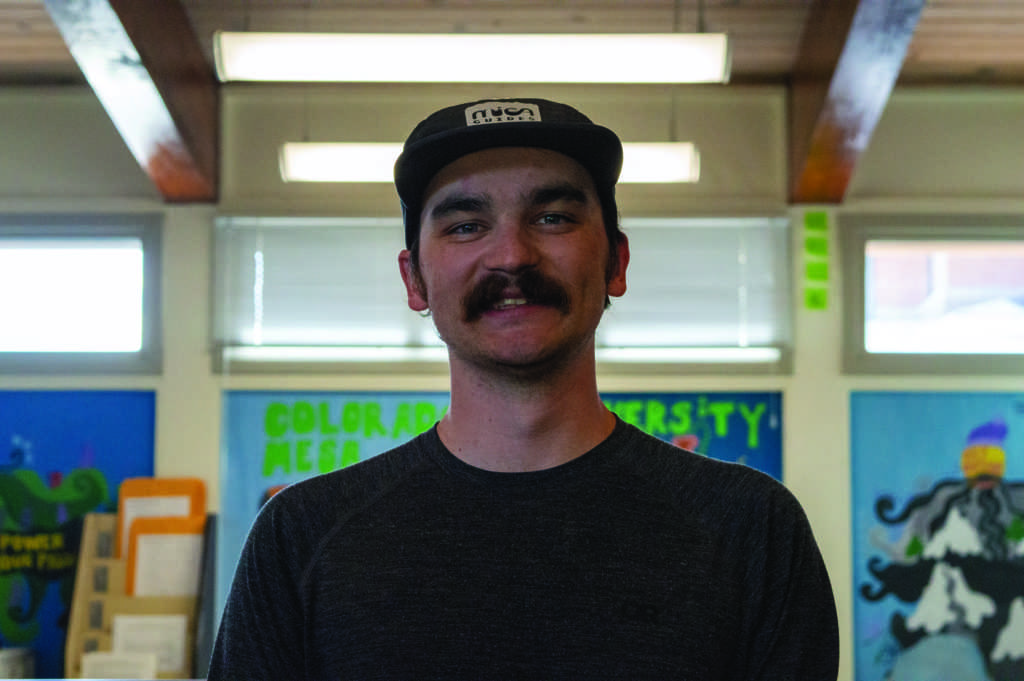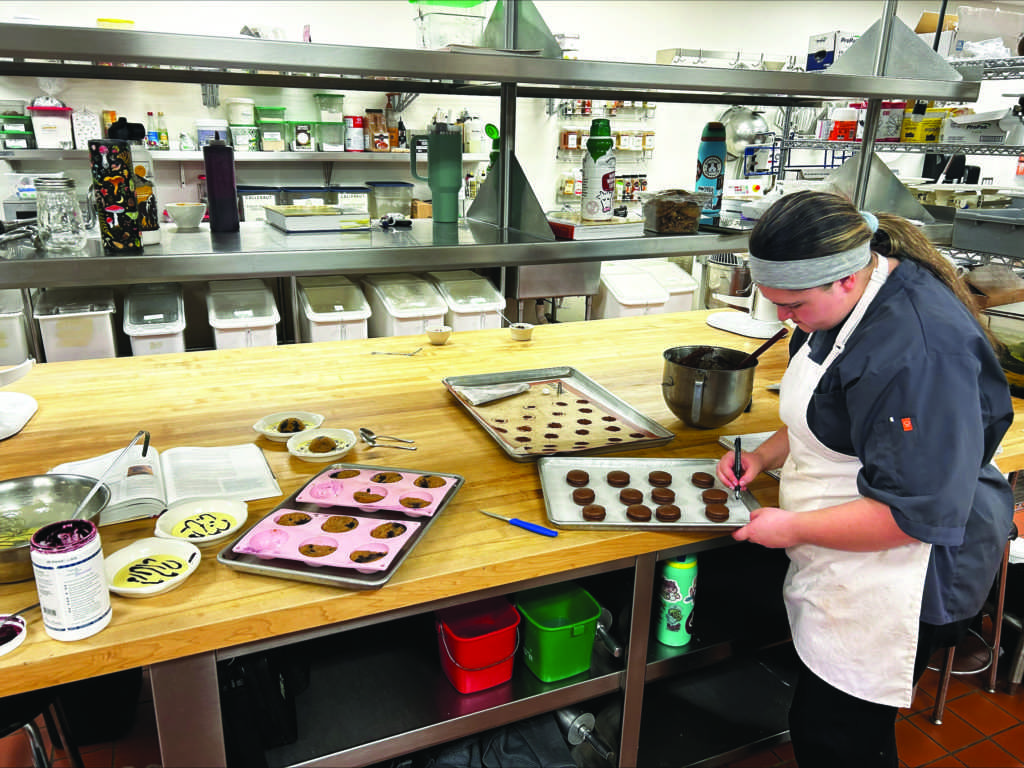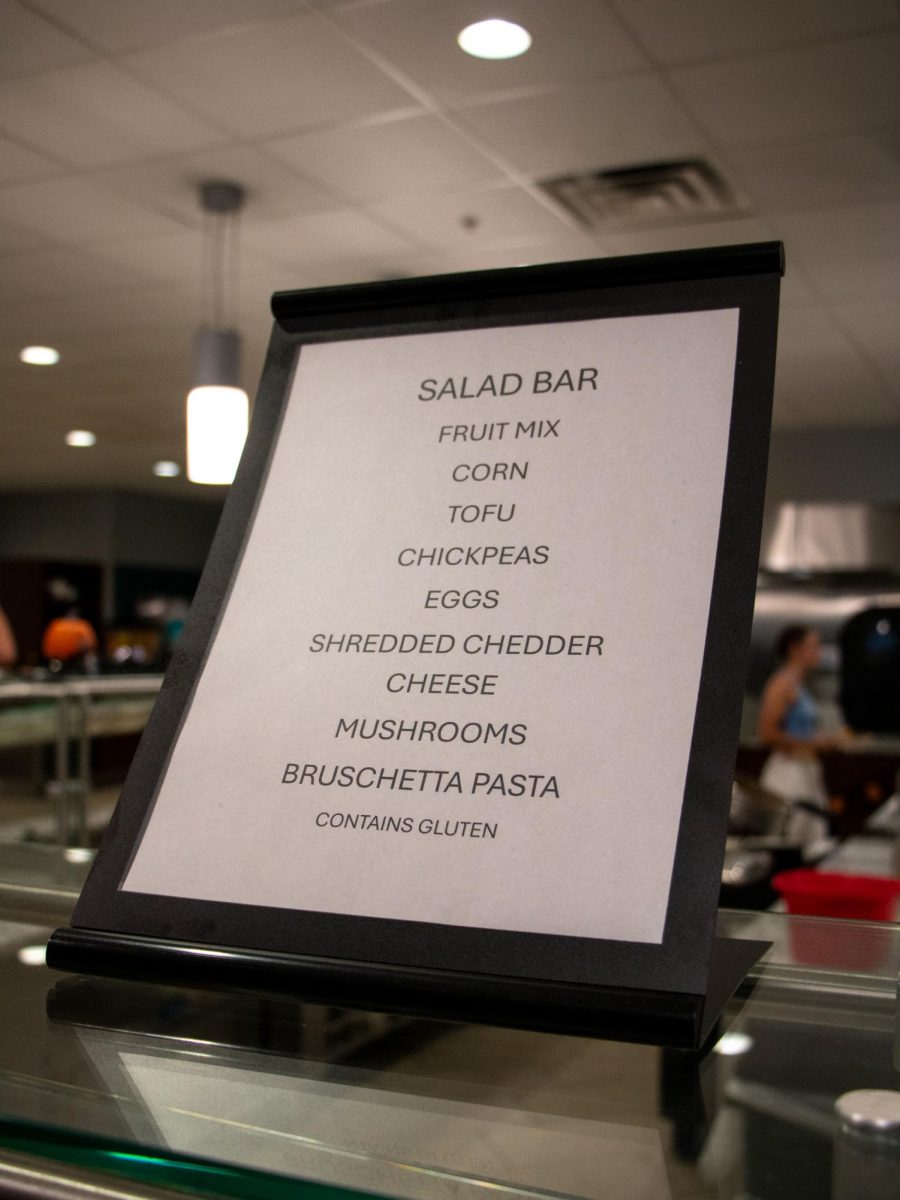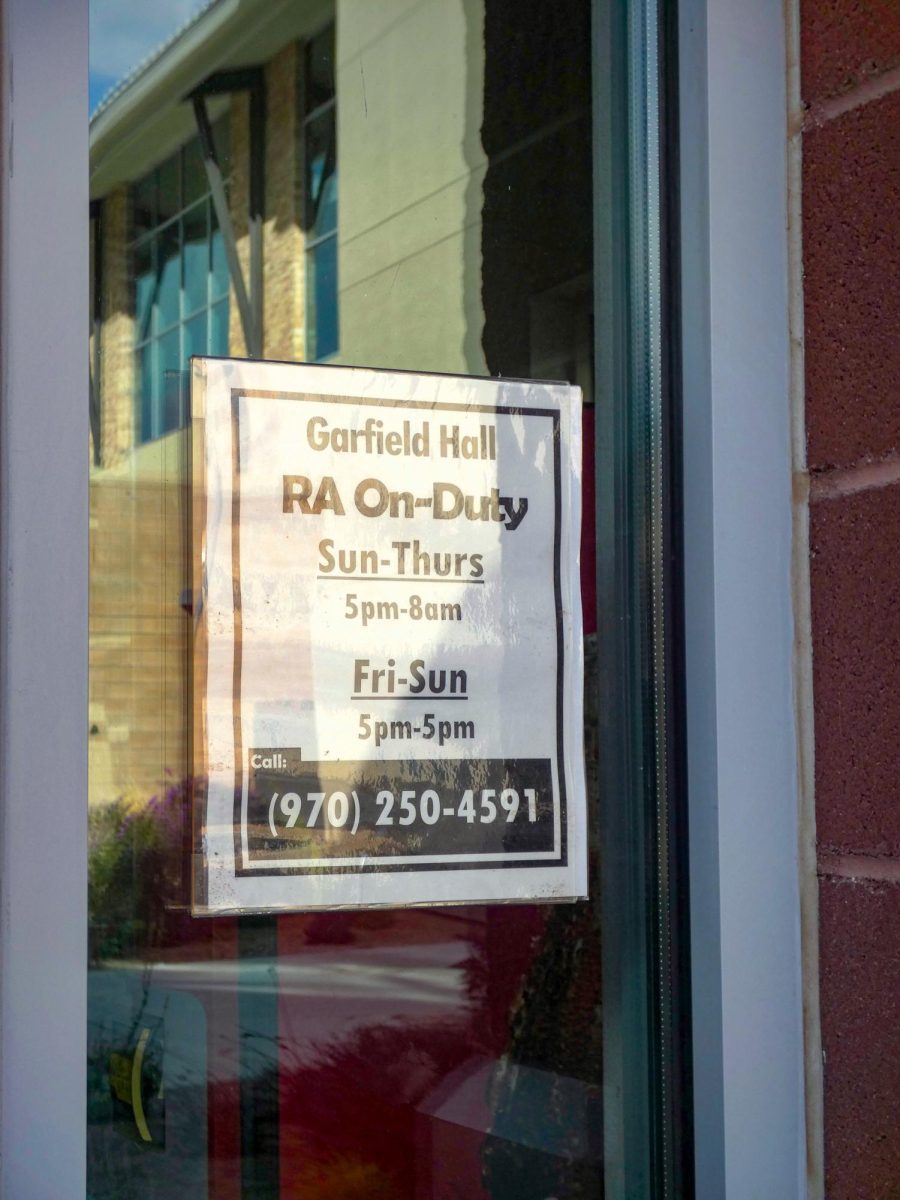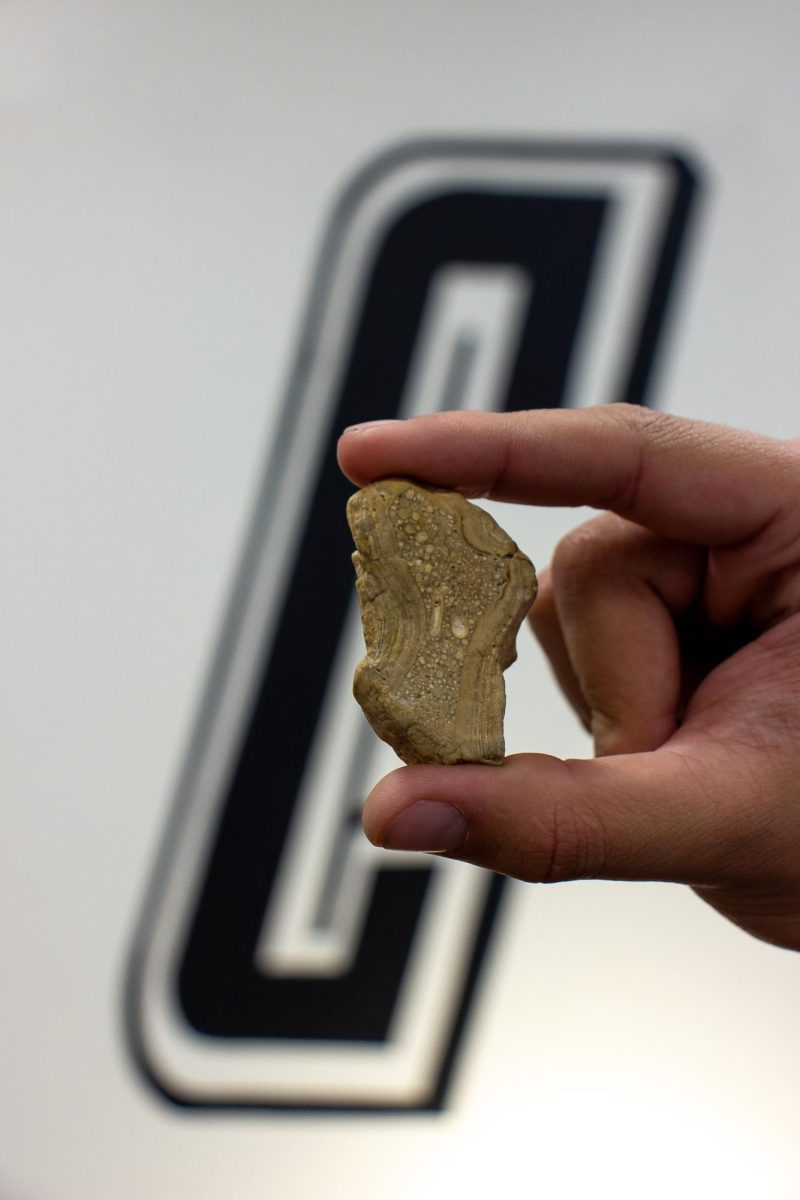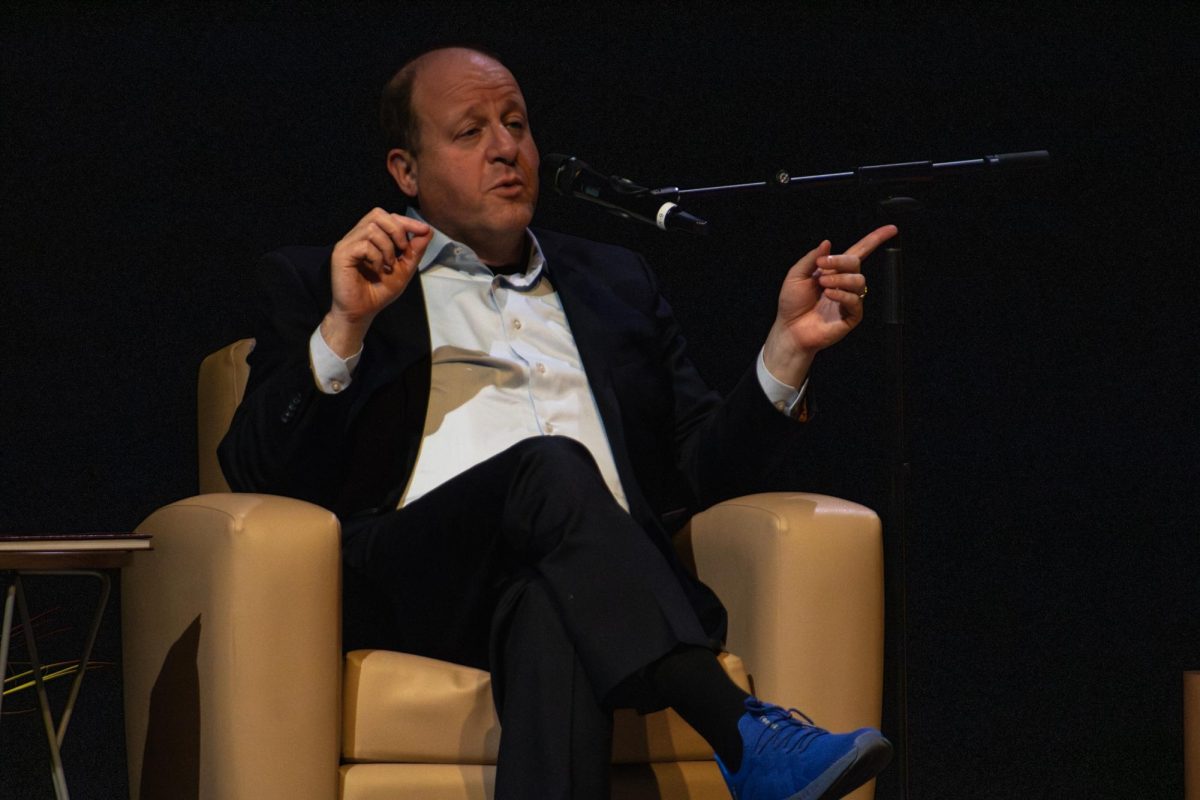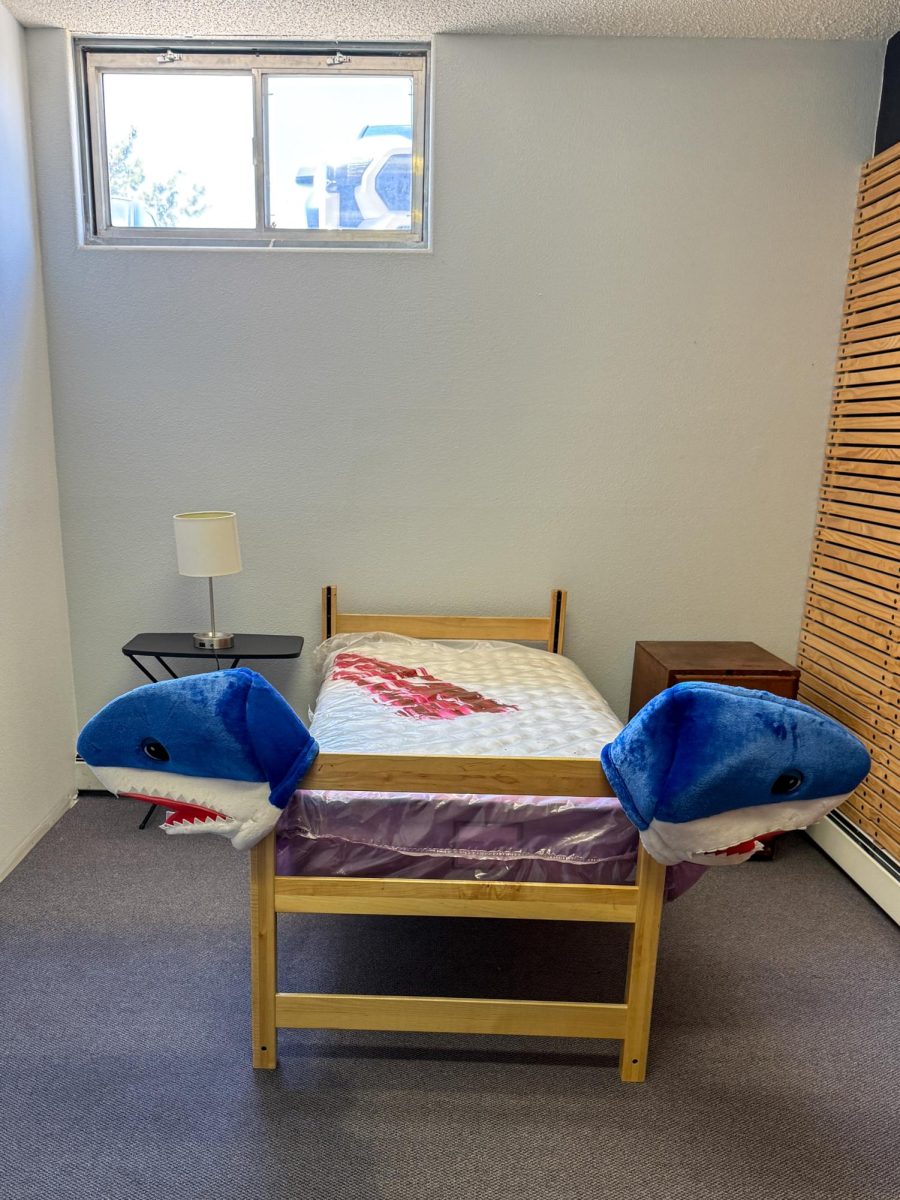Colorado Mesa University is a campus that welcomes students of a great variety and is proud of its inclusive nature. One of these demographics is smokers. Currently, students and faculty can smoke on campus, as long as they are at least 40 feet away from a building. This policy offers a compromise between smokers and non-smokers.
However, some think this policy is ignored more than it is followed. This can lead to tour groups pulling up to the admissions parking lot and seeing several people smoking near the University Center, giving parents and prospective students a first impression that some would argue is less than ideal.
This concern has sparked interest from the Associated Student Government (ASG), creating a dialogue about the smoking policy in its current state, and bringing up the thought of possibly changing the policy altogether.
There have been two main lines of thought considering the policy: either leave it the way it is, or make CMU a smoke-free campus. To change the policy to smoke-free would be a radical move for CMU and could leave many feeling excluded from campus simply because of a habit they have.
To try to remedy the rift that having a smoke free campus would create, thoughts of having designated smoking zones scattered around the campus had been tossed around. Ben Linzey, president of the ASG, thinks that this would create problems rather than solving them.
“We didn’t feel like segregating students into designated smoking areas would be the best example of what it means to be a maverick on campus,” Linzey said.
The ASG doesn’t want to create strife among the student body by implementing these policies that would end up segregating parts of the campus to smokers and parts to non-smokers, or just exclude the entire smoking demographic by making it strictly smoke-free.
Due to these concerns of inclusion and camaraderie that the ASG has decided to crack down on the implementation of the smoking policy rather than changing it.
Jeff Vela, an ASG senator at the forefront of the issue, has realized that the policy’s implementation isn’t up to par and has been working with John Marshall, the vice president of student services, to make sure that the policy is properly administered.
Work has already been started on making the current policy better. On Friday, ASG sent members around campus making sure trash cans are far enough away and that signs have the correct rules on them.
Providing classes to help smokers quit is also a goal for ASG so that students have an outlet to assist in their journey. Vela claims that educating people about the policy is the most important thing right now to make sure that the policy is followed.
“I believe the policy that we have implemented right now doesn’t have great education about the current policy,” Vela said.
By properly educating the student body and ensuring that all signs and trash cans are up to code, ASG hopes to make the policy upheld on campus without isolating a significant group of students.
However, they hope to take a poll at the end of the semester about the issue in order to get a broader and more accurate view of the demographics on campus, and if an overwhelming percent is anti-smoke, a new policy could be revisited and possibly enacted. Until then, ASG moves toward improvements to the education of the current policy happening around campus.



